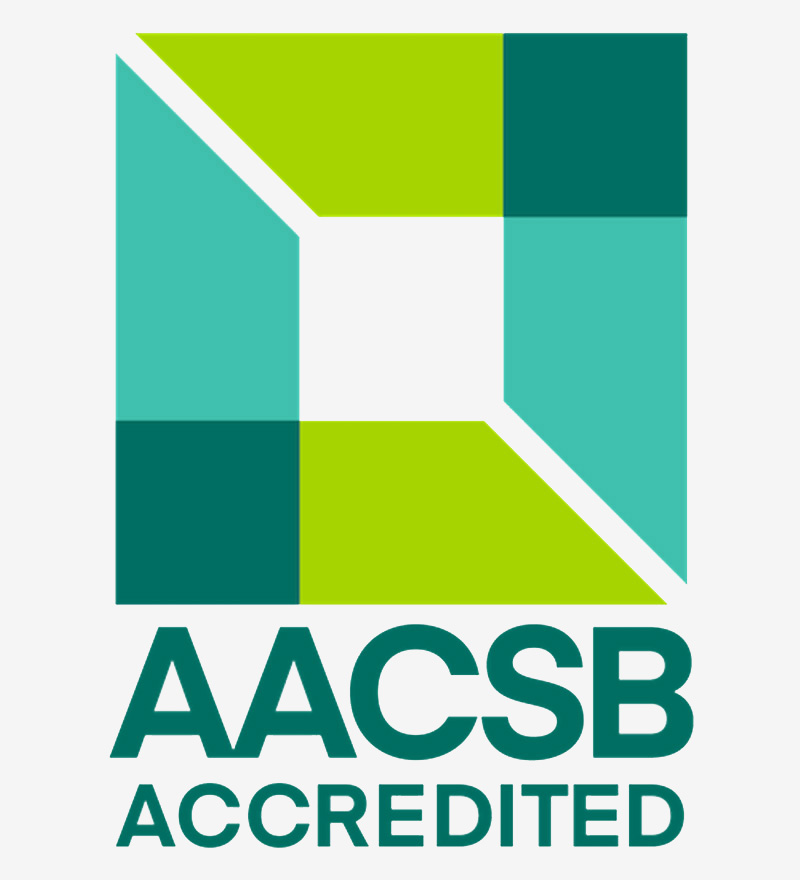Upon successful completion of this course, you will have developed the knowledge and skills required to proactively apply concepts, principles, theories, and methods to all areas of finance—including risk management, legal practice and corporate governance—to help meet organisational goals. You will also be able to analyse and evaluate financial models as relevant to your organisation or project, and apply various research principles and methods as you design innovative solutions to challenges in contemporary business practice.
Your studies in this course will also teach you how to clearly communicate ideas and outcomes, negotiate issues and resolve conflicts, and engage with both specialist and non-specialist audiences in a socially responsible and ethical manner. In addition to being able to collaborate effectively and work autonomously in a range of contexts, you will also be empowered to pursue ongoing personal and professional development and continually expand your career.





